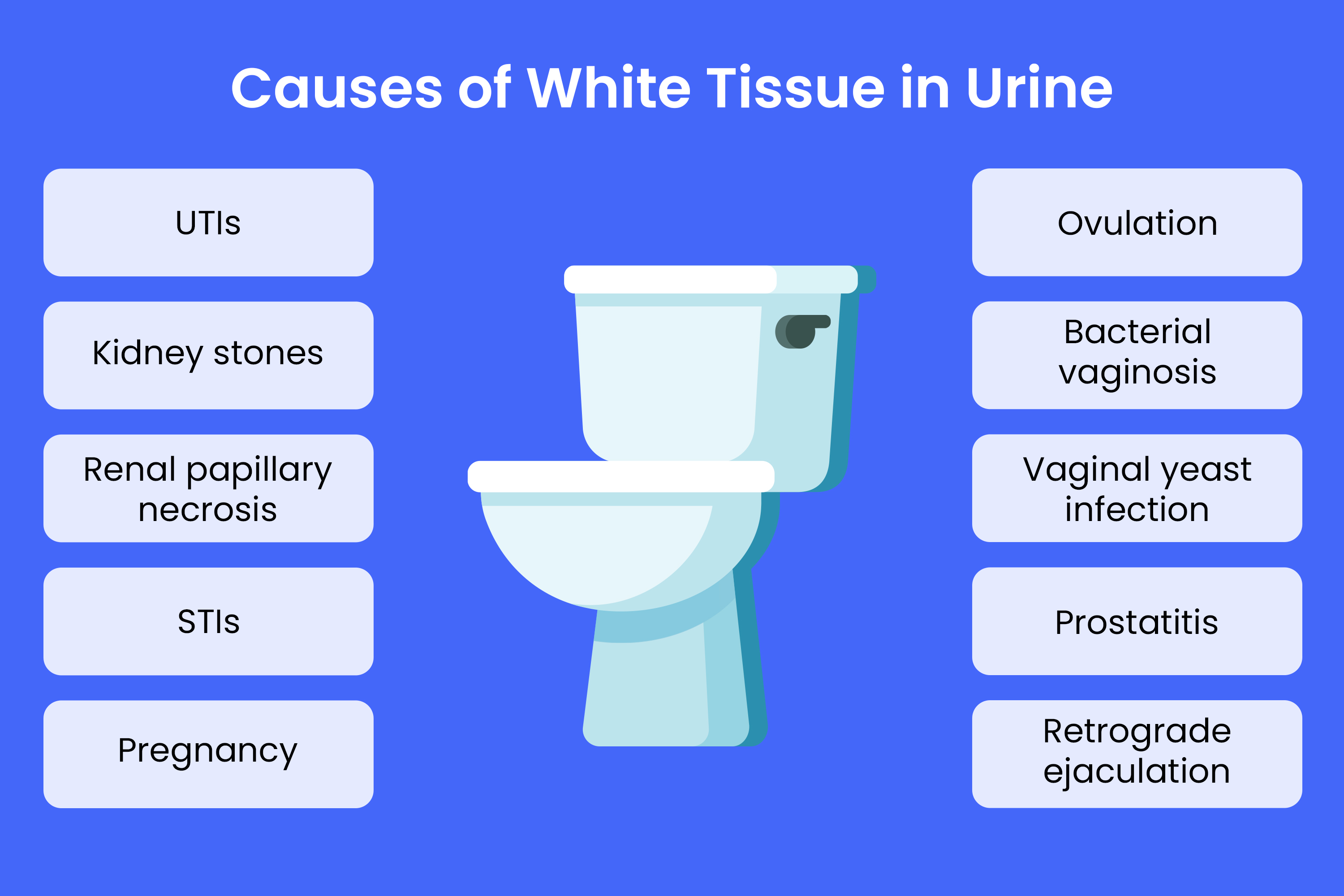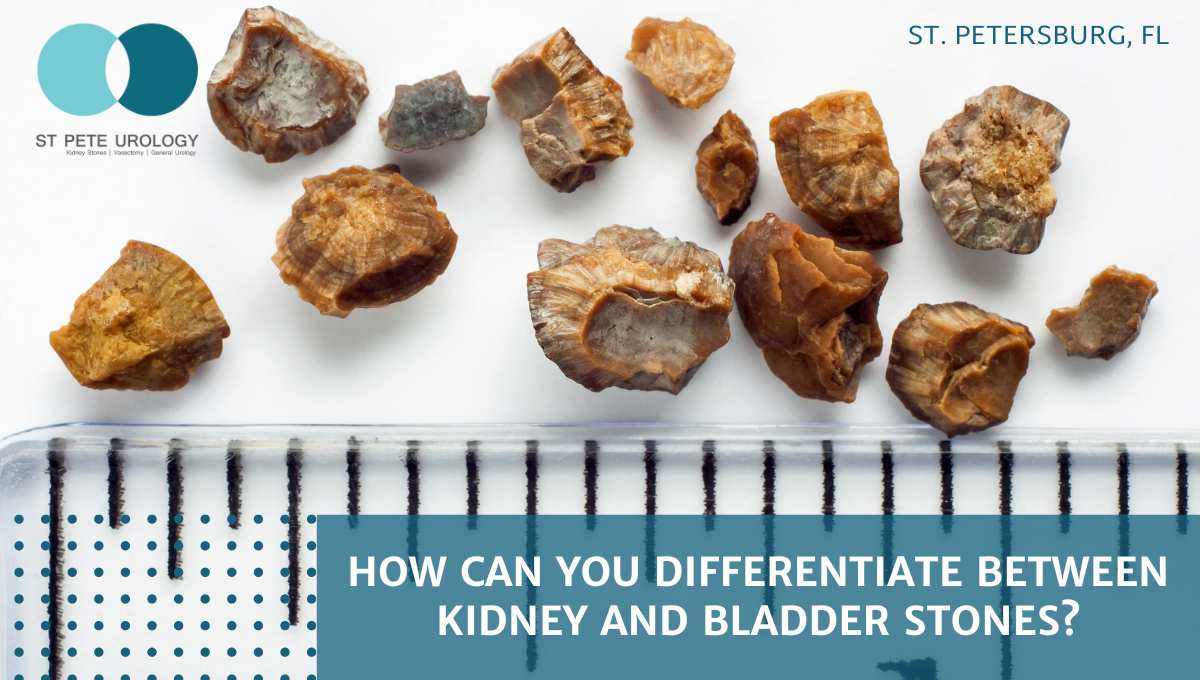Comparing Kidney Stones vs UTI: What You Required to Find Out About Their Influence On Health
Comparing Kidney Stones vs UTI: What You Required to Find Out About Their Influence On Health
Blog Article
Exploring the Effects and Causes of Kidney Stones in Comparison to Urinary System Infections: A Comprehensive Overview
The exploration of kidney stones and urinary system tract infections (UTIs) exposes a complex interplay of signs and symptoms and underlying causes that call for mindful evaluation. While both problems can lead to hematuria, they provide distinctive clinical functions and emerge from different etiological elements. Recognizing the nuances of each condition is vital for reliable diagnosis and administration. What are the vital distinctions in their signs and symptoms, and how might these notify therapy approaches? The answers to these concerns may supply essential insights into the prevention and care of these typical urological problems.
Overview of Kidney Stones
Kidney stones, also known as renal calculi, form when certain substances in the pee crystallize and accumulation, bring about the growth of tough down payments within the kidneys. These rocks can differ in size, ranging from a grain of sand to a golf ball, and can be composed of numerous products, one of the most typical being calcium oxalate, uric acid, struvite, and cystine. The formation of kidney stones is influenced by several factors, consisting of nutritional behaviors, liquid intake, and genetic predisposition.
Symptoms of kidney rocks might consist of serious pain in the back or side, blood in the pee, nausea or vomiting, and regular urination, especially as the stone relocates via the urinary tract. Medical diagnosis commonly entails imaging researches such as ultrasound or CT scans, together with urinalysis to identify the rock's composition.
Treatment options differ based on the dimension and kind of stone, along with the intensity of symptoms (Kidney Stones vs UTI). Tiny rocks may pass normally with enhanced liquid consumption, while larger rocks may call for medical treatments such as lithotripsy or surgical elimination. Comprehending the pathophysiology and risk variables connected with kidney stones is crucial for efficient avoidance and administration
Overview of Urinary System Tract Infections
Urinary system system infections (UTIs) are typical bacterial infections that impact any part of the urinary system, consisting of the kidneys, ureters, bladder, and urethra. They primarily take place when germs, often from the stomach tract, go into the urinary system, leading to inflammation and infection. UTIs are classified into 2 major types: straightforward and complicated. Uncomplicated UTIs normally occur in healthy people with normal urinary systems, while difficult UTIs may develop in people with underlying conditions, such as architectural abnormalities or compromised body immune systems.
The occurrence of UTIs is significantly greater in females than males, primarily due to anatomical differences, such as a much shorter urethra. Danger variables consist of sex-related task, certain contraceptive methods, urinary retention, and dehydration. The diagnosis of UTIs is typically verified with urine tests, which might expose the presence of bacteria, white blood cells, or red cell.

Signs And Symptoms of Kidney Stones
The pain connected with kidney stones can manifest in numerous means, commonly leading people to seek medical focus. Among the most common signs and symptoms is extreme discomfort, usually localized in the reduced back or side, which might radiate to the abdomen or groin. This discomfort, typically explained as sharp or cramping, can occur instantly and might vary in intensity.
In addition, individuals may experience hematuria, or blood in the pee, which can range from tiny total up to visible staining. This sign may be come with by modifications in urinary system routines, such as enhanced regularity or urgency, as well as discomfort during peeing. Nausea and throwing up are also widespread, typically resulting from the body's response to intense discomfort.
Sometimes, people may experience high temperature and cools, particularly if a second infection develops because of the blockage caused by the stones. On the whole, the combination of serious discomfort, hematuria, transformed urinary patterns, and intestinal signs and symptoms can provide considerable understanding right into the presence of kidney stones, calling for punctual medical assessment and treatment. Recognizing these symptoms is important for prompt medical diagnosis and reliable management of the condition.
Signs of Urinary System Infections
Infections within the urinary system system usually present a series of unique signs that can substantially influence life. One of the most common symptoms include a persistent urge to urinate, frequently gone along with by a burning feeling during urination, understood as dysuria. Individuals may also experience enhanced frequency of urination, producing percentages of pee each time.
Various other remarkable signs and symptoms consist of gloomy or reeky urine, which may indicate the visibility of microorganisms or pus. Sometimes, pee may appear red or pink as a result of the visibility of blood, a problem understood as hematuria. Additionally, individuals might experience pelvic pain or pressure, which can even more exacerbate the blog here sensation of necessity.
Systemic signs may additionally show up, such as fever, chills, and exhaustion, specifically if the infection has ascended to the kidneys. It is vital to identify these signs early, as neglected urinary system system infections can result in more extreme problems. Kidney Stones vs UTI. Prompt clinical attention is advised when these signs are observed, enabling for appropriate analysis evaluation and therapy to minimize discomfort and stop additional health problems
Sources Of Each Problem
Frequently, kidney rocks and urinary system infections develop from distinct yet occasionally overlapping causes that can impact people differently. Kidney rocks generally form as a result of metabolic elements, nutritional options, and hereditary predispositions. Boosted levels of calcium, oxalate, or uric acid in the urine can bring about stone development. Dehydration, insufficient fluid consumption, and high-sodium diets can worsen these problems, promoting condensation within the urinary system tract.

Understanding these distinct reasons is critical for avoidance and therapy. Kidney Stones vs UTI. While way of life adjustments get redirected here may mitigate the risk of kidney rocks, proper hygiene and timely treatment of urinary system system infections are necessary for minimizing their recurrence and associated why not look here complications
Verdict
In recap, kidney stones and urinary system infections present distinct signs and symptoms and underlying reasons. Kidney stones are characterized by extreme pain and metabolic factors, while urinary system tract infections primarily entail bacterial infections leading to urinary system seriousness and discomfort. Both problems can result in hematuria, their formation devices differ dramatically. Comprehending these differences is critical for efficient medical diagnosis and treatment, inevitably enhancing patient results for those affected by either problem.
The exploration of kidney stones and urinary system tract infections (UTIs) exposes a complex interplay of signs and symptoms and underlying causes that require mindful evaluation.Urinary system system infections (UTIs) are common bacterial infections that influence any part of the urinary system, consisting of the kidneys, ureters, bladder, and urethra.Regularly, kidney stones and urinary system infections arise from distinct yet often overlapping reasons that can affect individuals in a different way.In recap, kidney rocks and urinary tract infections present unique signs and symptoms and underlying causes. Kidney stones are defined by serious discomfort and metabolic variables, while urinary tract infections mainly include microbial infections leading to urinary system necessity and pain.
Report this page